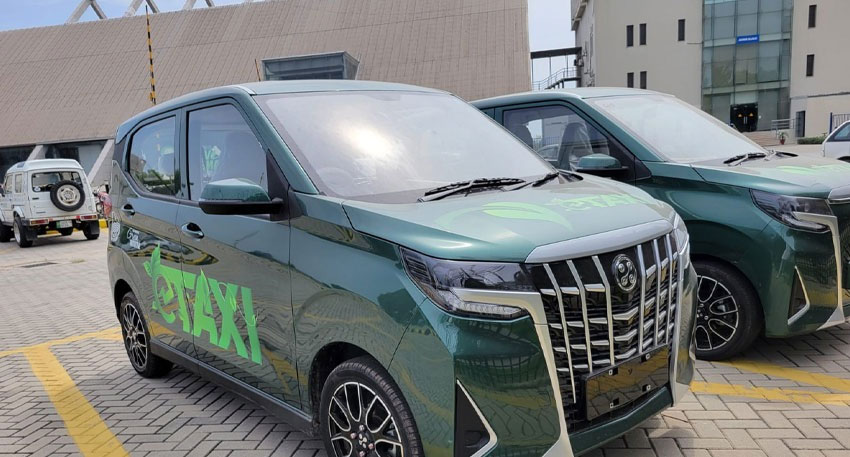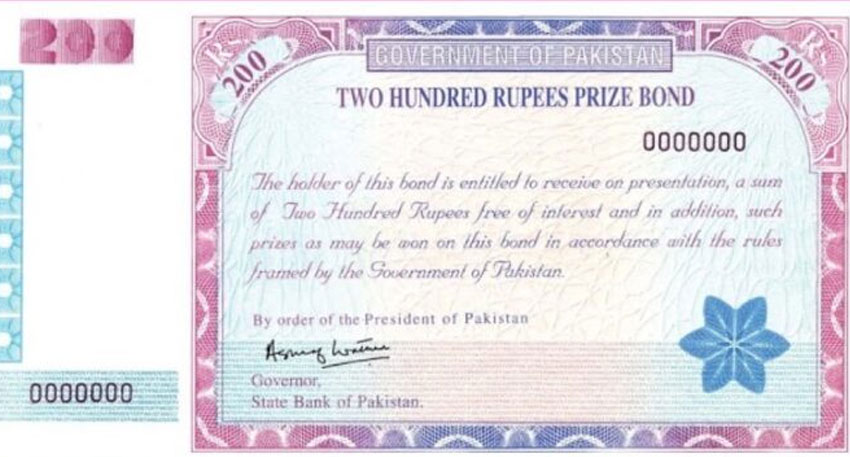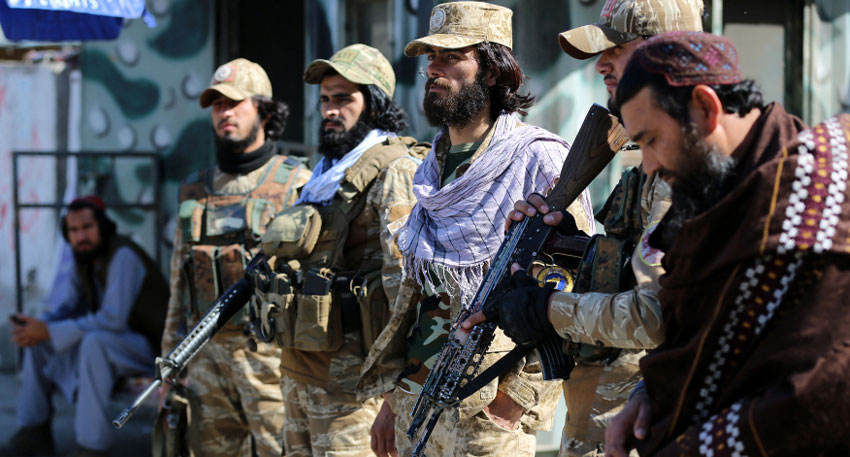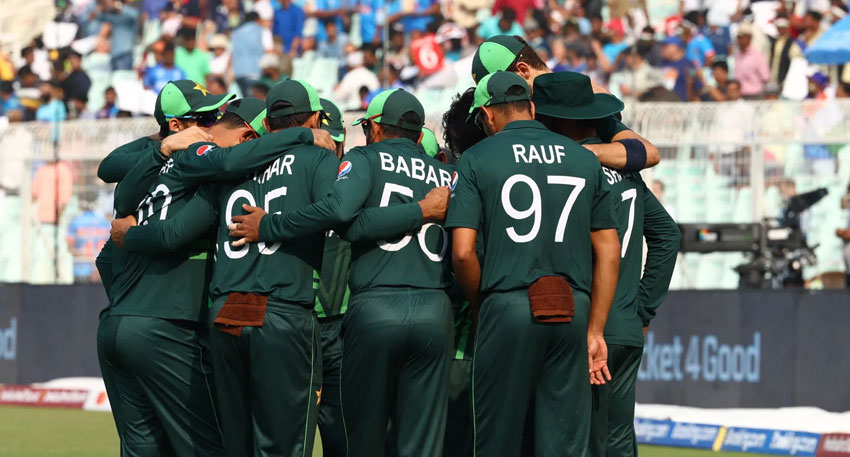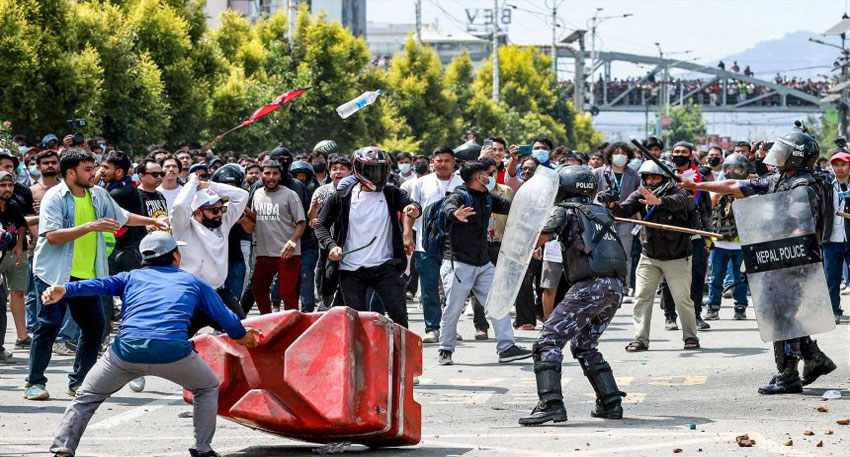
The government blocked 26 websites, including Facebook, YouTube and Instagram, in an attempt to stem the spread of fake news, hate speech and online scams. The action, however, triggered broad outrage, mostly from young people who use these sites for communication, news and commerce.
On Monday, thousands of demonstrators stormed the parliament building in Kathmandu, demanding the restoration of online access and stronger action against corruption. Protests also spread to towns outside the capital. Many carried placards reading “enough is enough” and “end to corruption,” while some hurled stones at Prime Minister KP Sharma Oli’s residence in Damak.
After an emergency cabinet, Communications Minister Prithvi Subba Gurung said the ban would be removed to "respond to Gen Z s demands."
Protests have been spurred by the social media "nepo kid" campaign that went viral, condemning politicians children for their lavish lifestyles and accusing them of profiteering from corruption.
Police had a confrontation with demonstrators in Kathmandu, firing rubber bullets, batons, and using water cannons, adding to the violence. Prime Minister Oli condemned the deaths, attributing them to "vested interest groups" for having penetrated the protests. He also offered compensation for the victims and free medical treatment for the injured.
Also Read: Flotilla ship catches fire after suspected drone attack
The government has since clarified that it is not banning social media but is attempting to ensure conformity with Nepali law.
